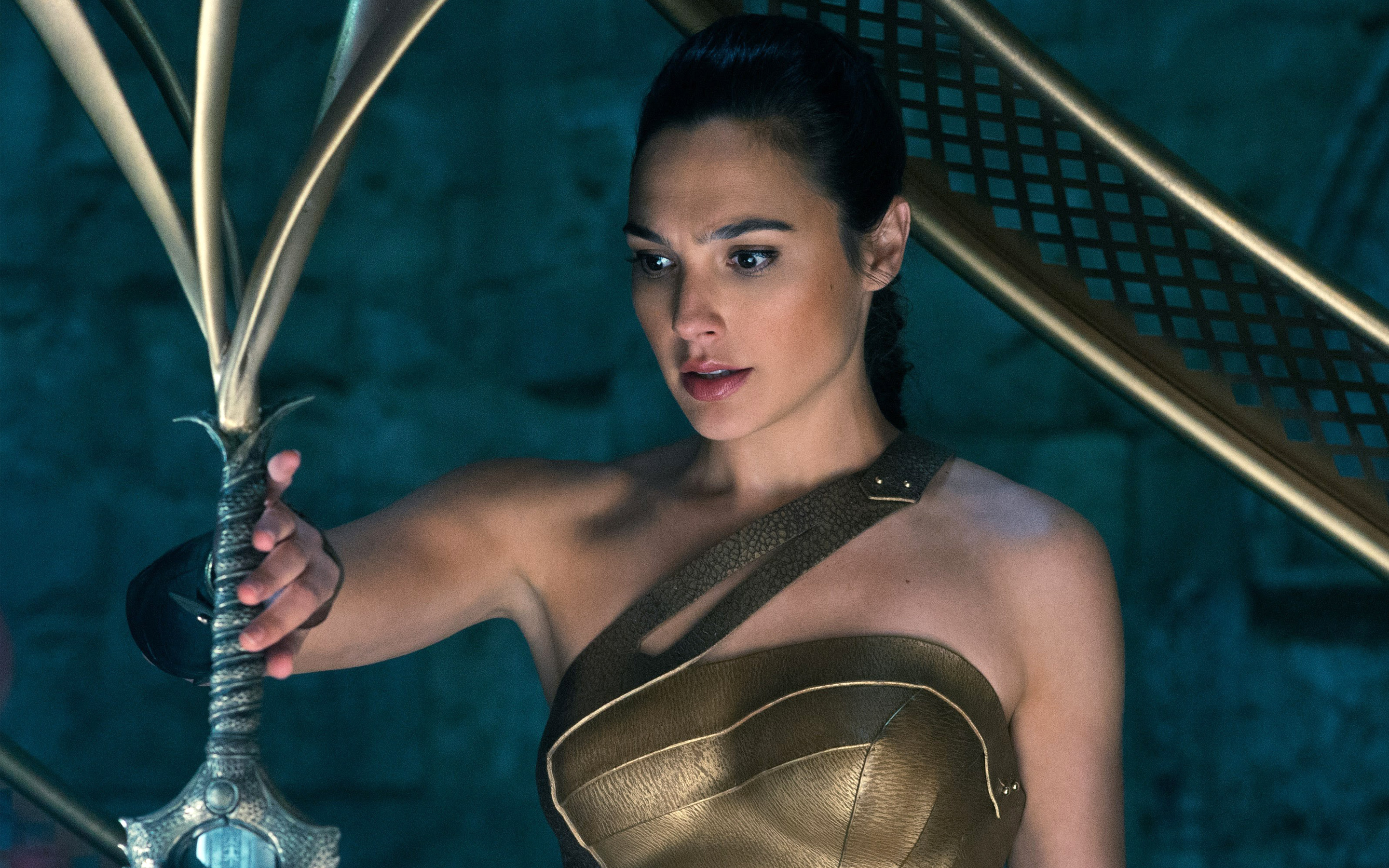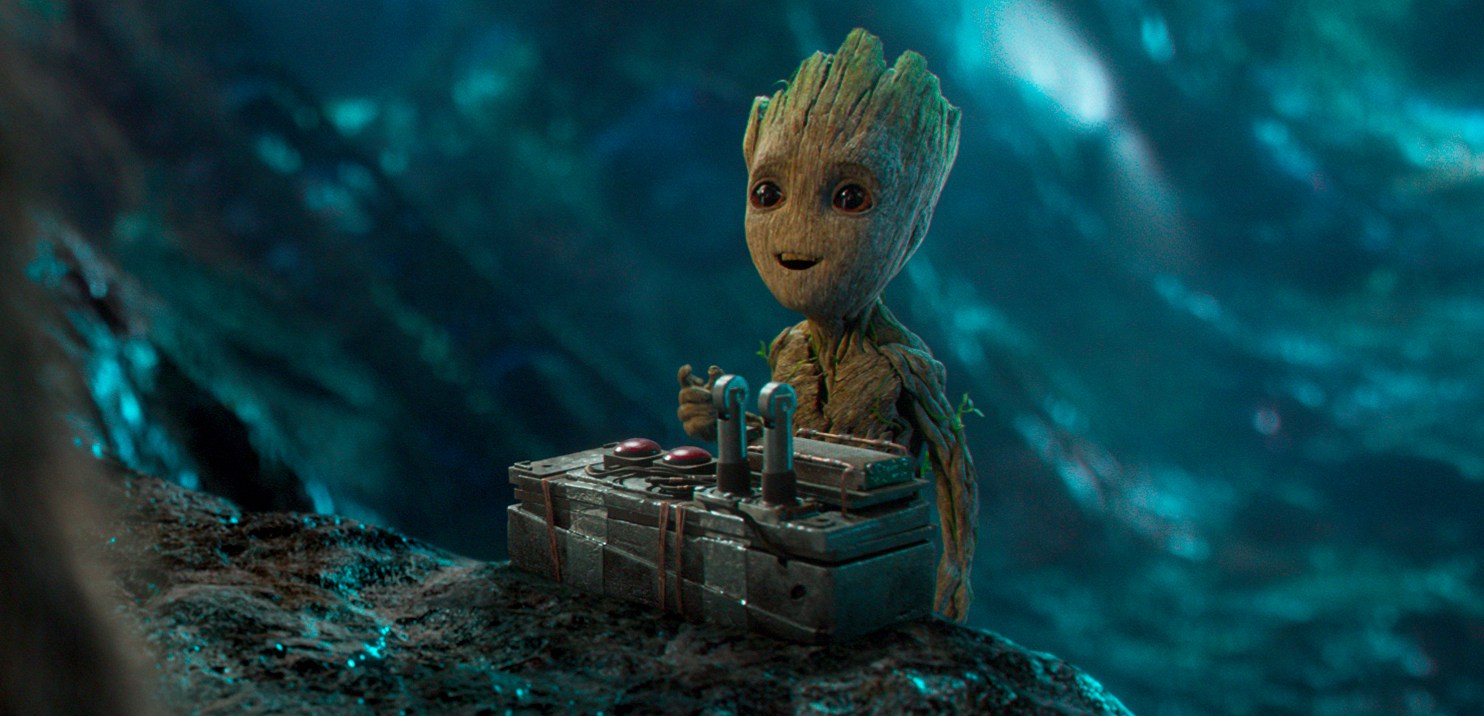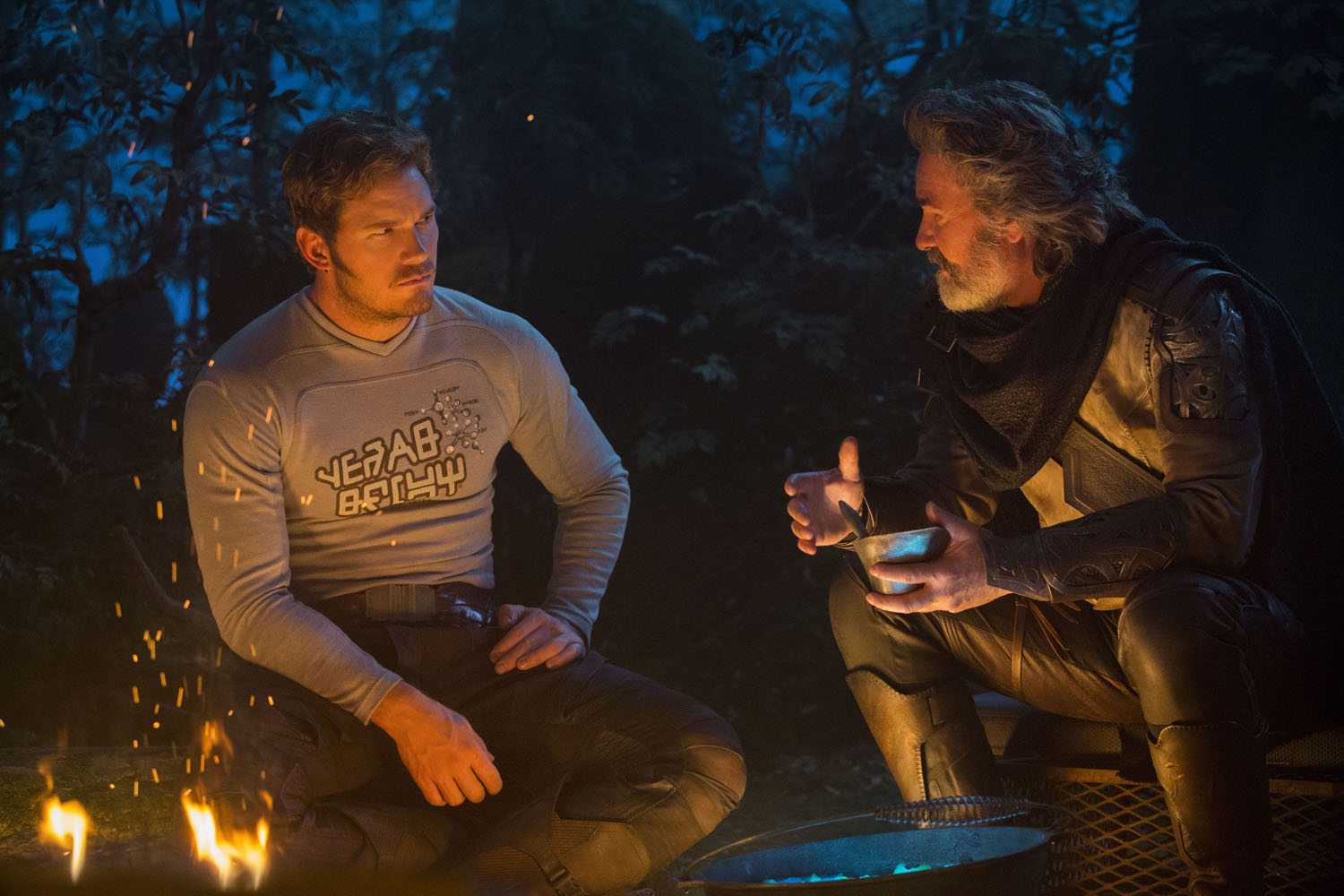War of the Planet of the Apes emotional power is the use of the Exodus narrative structure. Caesar’s story affects us because we recognize within his story our story. We long for rescue and a promise land where we can be free.
Amid mostly mediocre blockbuster fare, War for Planet of the Apes shines. Director and co-writer Matt Reeves has crafted the best movie of the summer. War for Planet of the Apes concludes the Caesar trilogy and in my opinion will eventually be considered one of the greatest trilogies of this generation.
Caesar, the sentient ape and central protagonist is one of the most complex characters in film. Andy Serkis is brilliant as the noble and wise, but war-weary leader Caesar. Thanks to cinematographer, Michael Seresin, War for Planet of the Apes is absolutely stunning, providing a very different look from most blockbusters. I cannot recommend this movie enough. Please go see it in theaters, we need more movies like this.
Spoilers Follow…
There are so many things I could comment on for War of the Planet of the Apes but it feels appropriate to focus on Caesar. Reeves is clearly drawing from a number of stories such as Apocalypse Now and Clint Eastwood westerns, but the strongest seems to be from the biblical Moses. Caesar gives the law, for example “ape no kill ape.” The apes are forced into backbreaking slavery to build an artifice for the humans, much in the same way the Israelites were forced into slavery by the Egyptians. When Caesar sees one ape being cruelly whipped, he stops it by speaking out, similar to how Moses speaks out for his people. Caesar leads his people out of captivity. The enemies of Caesar are wiped away by a sea of snow. Caesar leads his people through a desert to a promise land. Caesar’s anger causes Caesar to fail, which leads to him being mortally wounded. Therefore Caesar sits atop a hill and looks out onto the promise land, but does not enter it, much in the same manner Moses’s anger prevents him from being allowed into the kingdom. Caesar is a simian Moses.

Part of War of the Planet of the Apes emotional power is the use of the Exodus narrative structure. Caesar’s story affects us because we recognize within his story our story. There too is a war in our souls between mercy and revenge. We innately know the exilic story. We are held captive by our sinful nature, oppression, and death. We long for rescue and a promise land where we can be free.
The Bible story points us to our need. We are exiled captives caught in our sin. In Jesus, as with Caesar and Moses, we find a hero who came to set the captive free. Jesus is our savior who lifts us out of our fears, sinfulness, and oppression. Jesus will lead us into the ultimate promise land. Where Caesar and Moses failed, Jesus does not fail. In Jesus mercy and justice meet. We resonate with Caesar because many of his desires are our own. He draws on our recognition that there is something wrong with this world. Caesar represents our desires for mercy, justice, peace, and rest. The biblical story reveals to us that only in Jesus our exilic narrative will find complete resolution. Where the promise land of War of the Planet of the Apes is fleeting, through Jesus we will enter an eternal promise land where we will be free and find rest.
“We are exiled captives caught in our sin. In Jesus, as with Caesar and Moses, we find a hero who came to set the captive free. Jesus is our savior who lifts us out of our fears, sinfulness, and oppression. Jesus will lead us into the ultimate promise land. Where Caesar and Moses failed, Jesus does not fail.”




